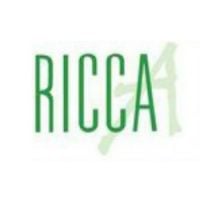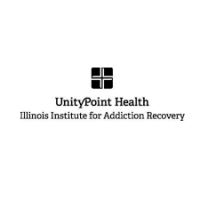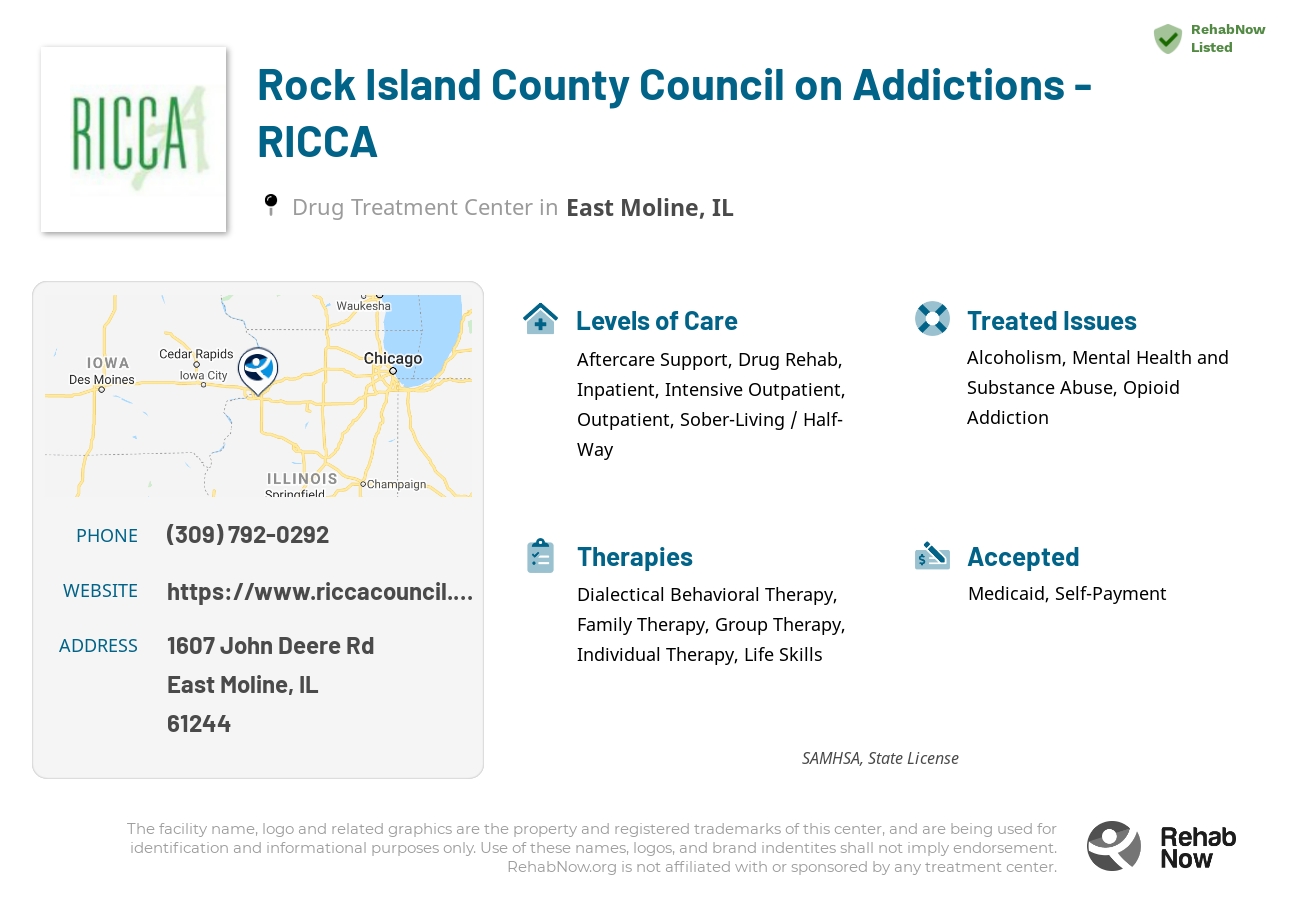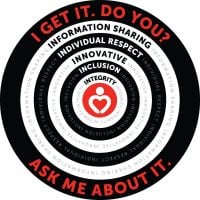
Rock Island County Council on Addictions - RICCA
Drug Rehab Center in East Moline, Illinois
- Opioid Addiction
- Dual Diagnosis
- Drug Addiction
- Alcoholism
Rock Island County Council on Addictions (RICA) is a non-profit addiction treatment facility located in East Moline, Illinois, providing comprehensive care for individuals suffering from alcoholism, opioid addiction, dual diagnosis, drug addiction, mental health, and substance abuse through inpatient and outpatient services at various levels of care, along with extensive educational and therapeutic programs.
About This Illinois Facility
Rock Island County Council on Addictions -RICA is a non-profit Addiction Treatment Facility located in East Moline, Illinois that was founded in 1960. RICCA is dedicated to providing comprehensive care to those suffering from Alcoholism, Opioid Addiction, Dual Diagnosis, Drug Addiction, Mental Health, and Substance Abuse. The organization has established an innovative approach in addressing these issues; they offer support for both inpatient and outpatient services, with various levels of care, such as Aftercare Support, Drug Rehab, Inpatient, Intensive Outpatient, Outpatient, and Sober-Living / Half-Way Residential Levels of Care.
RICCA is accredited by the national mental health and substance abuse organization SAMHSA, and is also licensed by the State. This helps to ensure that all of their staff, from nurses to counselors, receive the best in professional care. The facility also provides extensive educational and therapeutic programs that are tailored to individual needs. These range from individual and group counseling, to 12-step programs and more. RICCA is committed to providing their patients with a safe and supportive environment as they work towards lifelong recovery from addiction and substance abuse.
Genders
Ages
Modality
Additional
Accreditations
State License
SAMHSA
Conditions and Issues Treated
Opioid addiction is one of the most common forms of addiction Illinois. Opioids include drugs like heroin, oxycontin and fentanyl. They are prescribed to treat pain, but they are often abused and they are addictive. The addiction is treated by detoxing the body, so it no longer needs the chemicals in the drugs. This is followed up by therapies to correct behavior and target the root of the problem.
Levels of Care Offered at Rock Island County Council on Addictions - RICCA
This center offers a variety of custom treatment tailored to individual recovery. Currently available are Aftercare Support, Drug Rehab, Inpatient, Intensive Outpatient, Outpatient, Residential, Sober-Living / Half-Way, with additional therapies available as listed below.
Inpatient rehabilitation aims to treat severe addictions and co-occurring disorders. Depending on individual requirements, the duration of the stay at Rock Island County Council on Addictions - RICCA ranges from four weeks to six months. Illinois inpatient recovery guarantees that the patient resides in an environment free of drugs.
Daily trips to the hospital that provides the treatment include intensive outpatient services (IOP). IOP in Illinois is appropriate for patients in residential recovery facilities that have been diagnosed with addiction. Patients return to their everyday lives gradually, increasing the likeliness of success in treatment.
An Outpatient Rehab Program is a part-time drug rehab program for treating individuals in East Moline, IL with mild addiction or mild-to-moderate drug withdrawal symptoms. It generally requires about 10 to 12 hours every week.
Doctors can administer on-the-spot medication to ease withdrawal symptoms such as anxiety, increased heart rate, and even depression. Groups such as Alcoholics Anonymous (AA) and Narcotics Anonymous (NA) can be used as a part of outpatient treatment to help maintain sobriety.
A sober living home aims to reinforce sobriety and learnings from inpatient and outpatient programs. It’s a supervised environment in East Moline, IL managed by Rock Island County Council on Addictions - RICCA, which is guaranteed safe and free from addictive substances. There are strict rules regarding curfew and responsibilities, such as shared chores.
Residential treatment programs are those that offer housing and meals in addition to substance abuse treatment. Rehab facilities that offer residential treatment allow patients to focus solely on recovery, in an environment totally separate from their lives. Some rehab centers specialize in short-term residential treatment (a few days to a week or two), while others solely provide treatment on a long-term basis (several weeks to months). Some offer both, and tailor treatment to the patient’s individual requirements.
Aftercare Support at Rock Island County Council on Addictions - RICCA, in short, is the support provided to a patient after they have finished treatment. It allows them to adjust to everyday life. It may entail setting them up and enrolling them in services such as Narcotics Anonymous (NA) and Alcoholics Anonymous (AA) inside a halfway house. Career coaching may also be offered to patients to help them get back into the workforce.
Therapies & Programs
Individual therapy refers to one-on-one psychotherapy between a patient and their Rock Island County Council on Addictions - RICCA therapist. Individual therapy seeks to help identify the issues that drive and contribute to a client’s addiction or alcoholism. Another goal of individual counseling is to assist the client to learn how to manage their lives without alcohol or drugs.
Group therapy occurs in a group setting as opposed to a one on one setting. It benefits patients by providing a feeling of support and letting them know they are not alone. Patients at Rock Island County Council on Addictions - RICCA also learn to build trust and understanding and gain perspective through discussions.
DBT, also known as dialectical behavior therapy, is a form of cognitive behavioral therapy (CBT) that helps people understand how their thoughts, behaviors, and feelings all connect. This can give them more control over their actions, effectively stopping self-harm ideations and attempts in some patients. It can also help put people in control over some mental struggles, like borderline personality disorder.
Most individuals suffering from addiction have low self-awareness, so they end up making poor decisions. Cognitive Behavioral Therapy (CBT) is suitable for patients recovering from an addiction of any kind. Through it, patients become more aligned with their thoughts, emotions, and behaviors, giving them a better opportunity to respond appropriately to temptations and negative feelings.
This therapy modality at Rock Island County Council on Addictions - RICCA in East Moline, IL strengthens a person’s ability to stay on top of their emotional state and learn new stress management techniques so they won’t give in to the temptations easily. Moreover, CBT helps people communicate and express their emotions well, which can be vital in relapse management. CBT is also suitable for managing co-occurring disorders like depression and bipolar illness.
When it comes to maintaining sobriety, people who quit recovery without developing life skills are disadvantaged. While teaching life skills at Rock Island County Council on Addictions - RICCA is difficult, support with aftercare helps patients learn these skills over time. Life skills include getting a career, living in a good environment, self-care, and finance management, all in East Moline, IL.
Payment Options Accepted
For specific insurance or payment methods please contact us.
Additional Details
Specifics, location, and helpful extra information.
East Moline, Illinois 61244 Phone Number(309) 792-0292 Meta DetailsUpdated November 25, 2023
Staff Verified
Patient Reviews
There are no reviews yet. Be the first one to write one.
East Moline, Illinois Addiction Information
In 2016, more than 2,350 Illinoisans died from drug overdoses. More than 5,500 deaths annually occur in Illinois due to the abuse of alcohol and other drugs. 7.17% of Illinois residents reported using illicit drugs in the past month (2018). Substance abuse costs the state approximately $3.5 billion every year.
Treatment in Nearby Cities
- Belleville, IL (206.5 mi.)
- Dekalb, IL (90.7 mi.)
- Orland Park, IL (132.4 mi.)
- Beardstown, IL (101.7 mi.)
- West Chicago, IL (116.9 mi.)
Centers near Rock Island County Council on Addictions - RICCA



The facility name, logo and brand are the property and registered trademarks of Rock Island County Council on Addictions - RICCA, and are being used for identification and informational purposes only. Use of these names, logos and brands shall not imply endorsement. RehabNow.org is not affiliated with or sponsored by Rock Island County Council on Addictions - RICCA.




